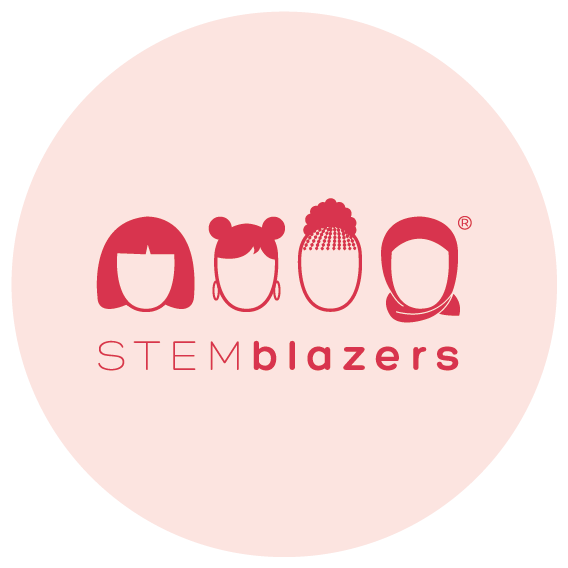The Transformative Power of Educational Workshops: A Pathway to Lifelong Learning
In an era characterized by rapid technological advancements and shifting economic landscapes, the importance of continuous education and skill development cannot be overstated. Traditional classroom settings, while foundational, often need to be supplemented with more dynamic and interactive forms of learning to meet the evolving needs of individuals and industries. Educational Workshops have emerged as a vital component of this landscape, offering unique opportunities for hands-on learning, skill acquisition, and personal growth. This article explores the significance of educational workshops, their benefits, and the ways they contribute to lifelong learning.

What Are Educational Workshops?
Educational workshops are structured, short-term educational experiences designed to teach specific skills, concepts, or methodologies. Unlike traditional courses, which may span an entire semester or academic year, workshops are typically concise, ranging from a few hours to several days. They often focus on practical, hands-on activities that allow participants to engage directly with the material. This interactive approach makes workshops an excellent avenue for learning new skills or deepening existing knowledge in a particular area.
Workshops can cover a wide range of topics, from technical skills like coding and digital marketing to creative pursuits such as photography and painting. They can be tailored to different age groups, professions, and skill levels, making them accessible to a broad audience. Whether held in-person or online, educational workshops provide a flexible and focused learning environment that complements traditional education.
Benefits of Educational Workshops
Hands-On Learning
One of the most significant advantages of educational workshops is their emphasis on hands-on learning. Unlike traditional lecture-based learning, workshops encourage participants to actively engage with the material. This experiential approach allows learners to practice new skills in real-time, receive immediate feedback, and apply their knowledge in practical scenarios. For example, a coding workshop might involve writing and debugging code, while a photography workshop might include hands-on sessions with camera equipment and photo editing software. This immersive experience not only enhances understanding but also increases retention.
Skill Development
In a rapidly changing job market, the ability to acquire new skills quickly is invaluable. Educational workshops provide an efficient way to develop specific skills that are in demand. For professionals looking to advance their careers, workshops can offer targeted training in areas such as project management, leadership, or communication. For students, workshops can supplement academic learning with practical skills that may not be covered in the standard curriculum. The focused nature of workshops allows participants to delve deeply into a subject, making them an effective tool for skill acquisition.
Networking Opportunities
Educational workshops often bring together individuals with similar interests and goals, creating a conducive environment for networking. Participants can connect with peers, instructors, and industry professionals, building relationships that can lead to future collaborations, job opportunities, or mentorship. This aspect is particularly valuable in professional development workshops, where attendees can meet potential employers or colleagues. Networking within a workshop setting is typically more relaxed and organic compared to more formal networking events, allowing for more meaningful connections.
Flexibility and Accessibility
The flexible nature of educational workshops makes them accessible to a wide range of individuals. They can be scheduled on weekends, evenings, or even online, making it easier for people with busy schedules to participate. Additionally, workshops can cater to different learning styles and paces, providing personalized support and attention. This flexibility extends to the content as well, with workshops available on a vast array of topics, from technical skills to personal development.
The Role of Educational Workshops in Lifelong Learning
Lifelong learning is the continuous pursuit of knowledge and skills throughout an individual's life. It is essential for personal and professional growth, particularly in a world where new technologies and methodologies are constantly emerging. Educational workshops play a crucial role in promoting lifelong learning by providing accessible, engaging, and relevant learning experiences.
For adults, workshops offer an opportunity to stay current with industry trends and developments. They can help individuals pivot to new careers, adapt to technological changes, or simply pursue personal interests. For students, workshops can provide a glimpse into potential career paths, helping them make informed decisions about their education and future.
Moreover, the collaborative and interactive nature of workshops fosters a culture of curiosity and exploration. Participants are encouraged to ask questions, experiment, and share ideas, creating a dynamic learning environment. This culture of active engagement and exploration is a key component of lifelong learning, as it instills a mindset of continuous growth and improvement.
Conclusion
Educational workshops are a powerful tool for learning, offering unique advantages over traditional educational methods. Through hands-on learning, skill development, networking opportunities, and flexibility, they provide a rich and engaging educational experience. As the demand for continuous education and skill development grows, workshops will continue to play a vital role in facilitating lifelong learning. Whether for professional development, personal enrichment, or academic enhancement, educational workshops offer valuable opportunities to acquire new knowledge and skills, empowering individuals to thrive in an ever-changing world.
By using this site you agree to this Privacy Policy. Learn how to clear cookies here
Greve 14 November 2024 مقتل شاب في المرج يزلزل المدينة Ngành Halal - Cánh cửa mới cho nền kinh tế Việt Nam Rosale Dulisz: The Clumsiest Person You'll Ever Meet Rosale Chau Reveals the Best Travel Tips You've Never Heard! Rosale Guerriero's Once-in-a-Dreamy-Lifetime Adventure Flower Delivery Brockley kubet88miami Hamster kombat airdrop